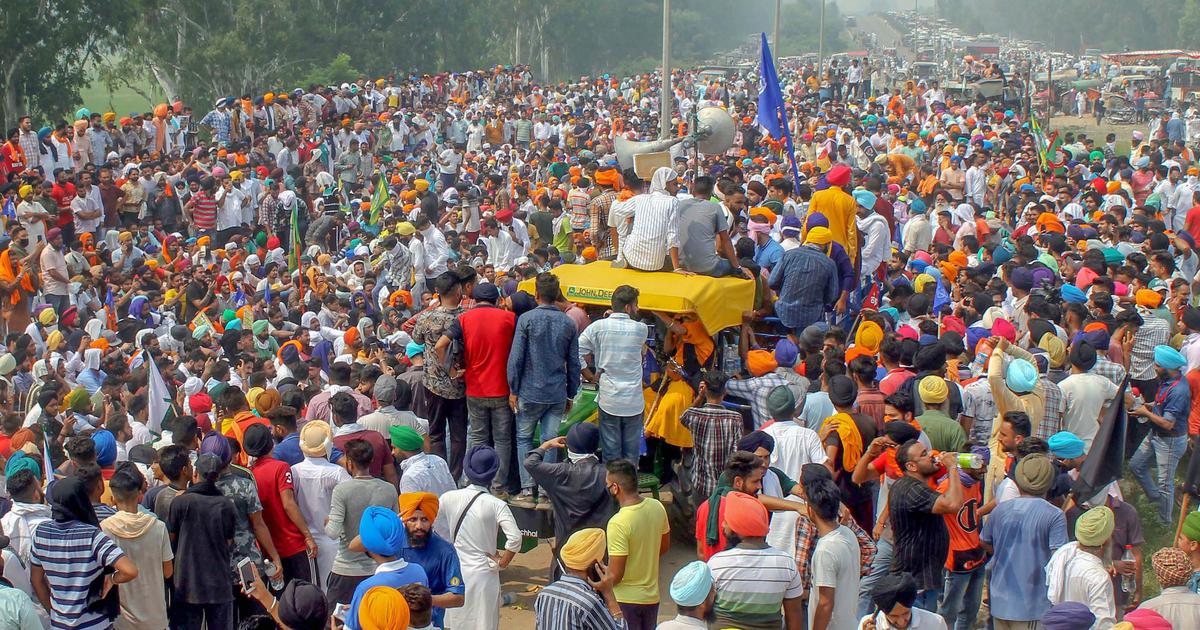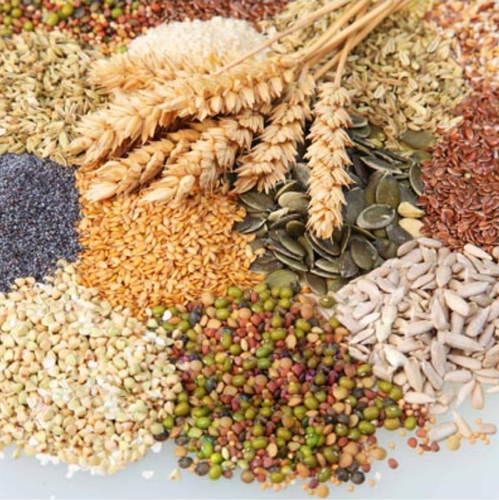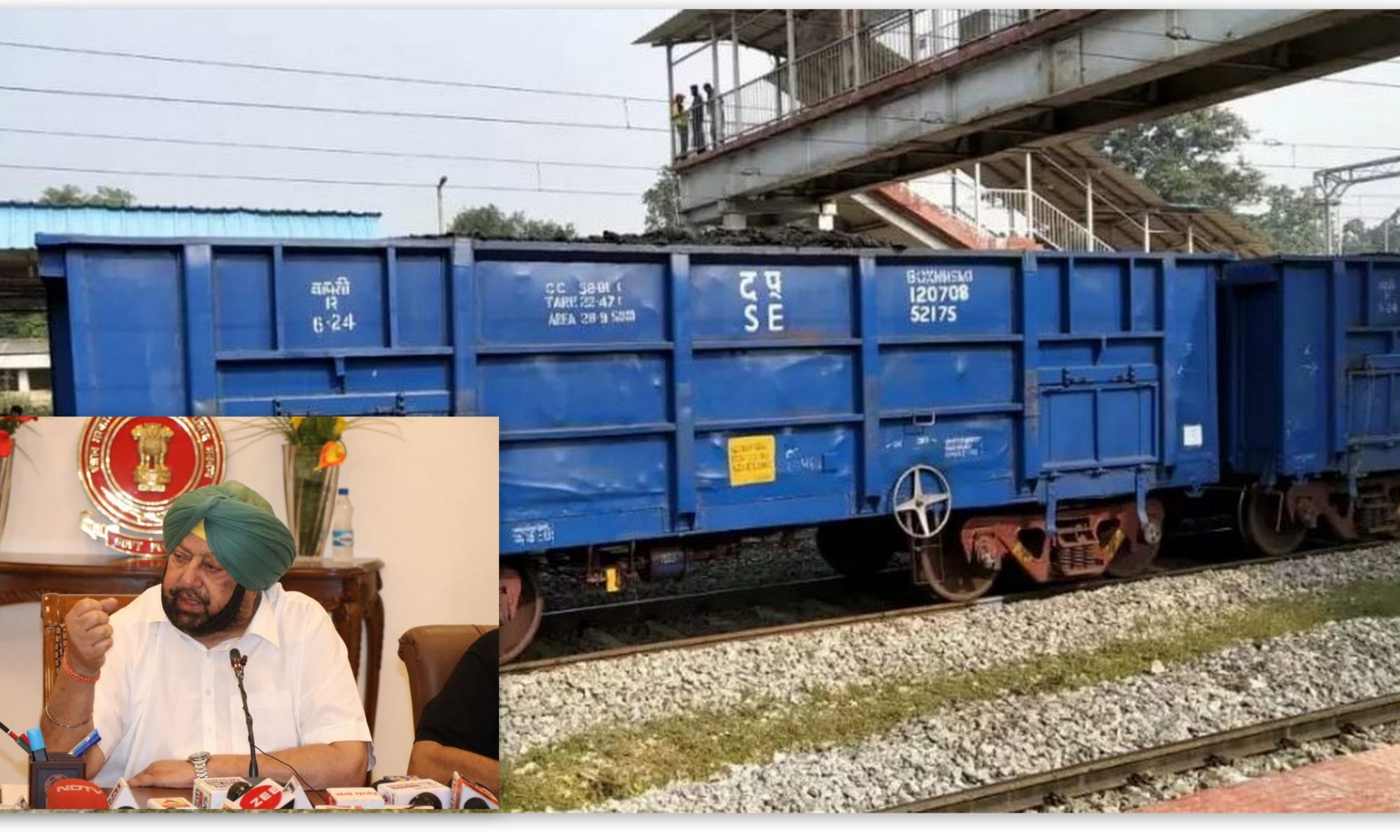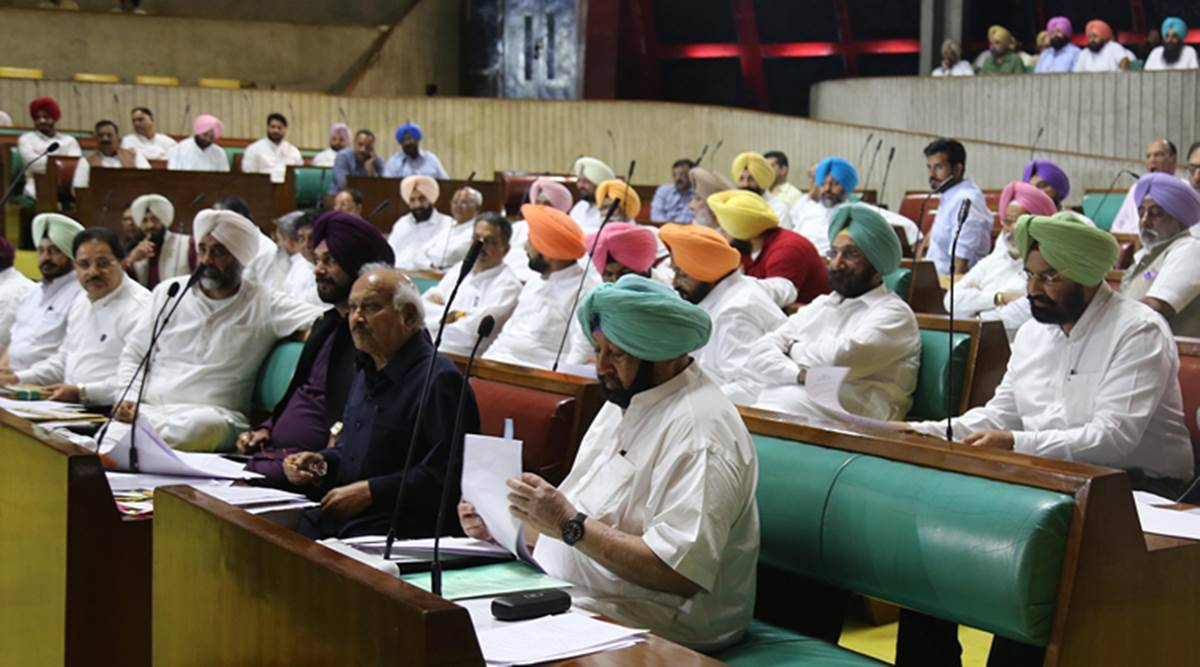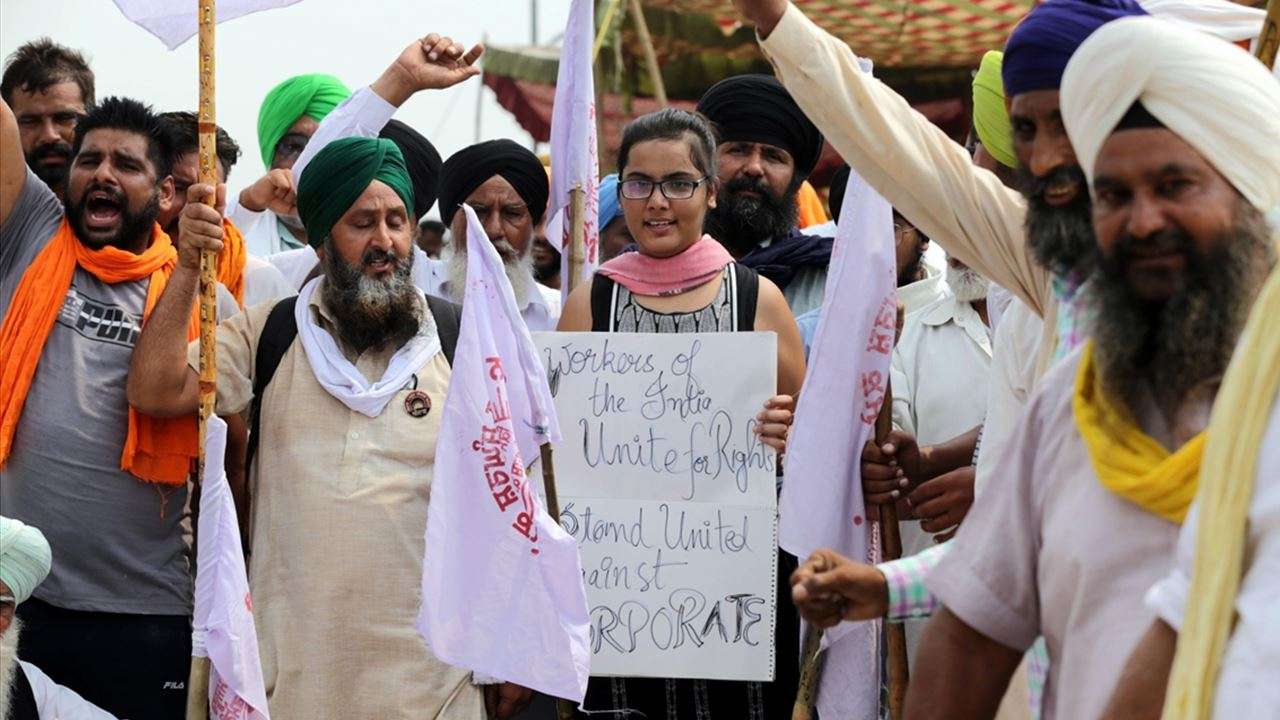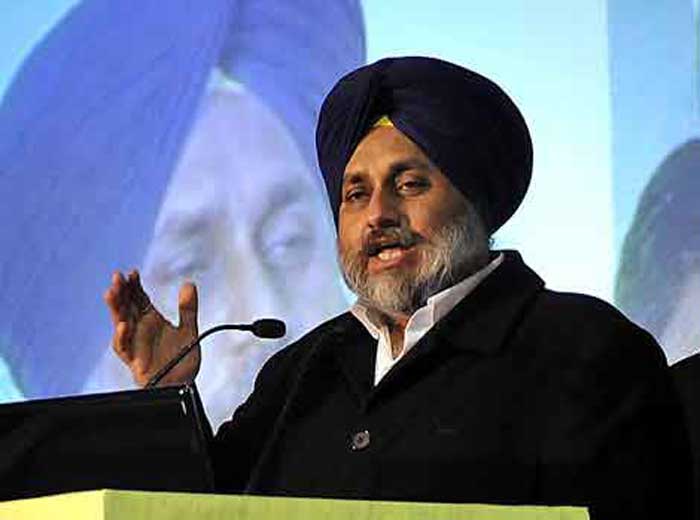After getting support from MPs in Canada and UK, farmers protesting in Delhi get support from sportspersons. Several former sportspersons including Padma Shri and Arjuna awardees have extended their support to the agitating farmers and said that they will return their awards in protest against the “force” used against the peasants’ en route to Delhi.
Among them are Padma Shri and Arjuna awardee wrestler Kartar Singh, Arjuna awardee basketball player Sajjan Singh Cheema and Arjuna awardee hockey player Rajbir Kaur. They said that they will proceed to Delhi on December 5 and will place their awards outside the Rashtrapati Bhavan. They slammed and criticized the Centre and Haryana government for using water cannons and teargas against the protesting farmers to stop them from going to Delhi.
The sportspersons said that they are the children of farmers, and that the farmers have been holding peaceful agitation for the last several months. Not even a single incident of violence took place.
Farmers had faced water cannons and teargas when they were heading towards the national capital as part of their ‘Delhi Chalo’ march against the farm laws.
Kartar Singh said that several former players will go to Delhi on December 5 and will return their awards. “If farmers do not want such laws, then why the central government was imposing on them,” asked Singh, who has retired as Inspector General in the Punjab Police. He further said that former players would also join farmers’ stir at the Delhi borders on December 5. Singh said that they are also trying to contact former players in Haryana for coming out in support of farmers’ agitation.
Cheema said that several former players including Kaur and Arjuna awardee (shotput) Balwinder Singh have backed them. Thousands of farmers from Punjab and Haryana have stayed put at various Delhi border points for the sixth consecutive day on Tuesday protesting against the new farm laws, which they fear will dismantle the minimum support price system, leaving them at the “mercy” of big corporates.
In a parallel development in Punjab, during the reading of the daily sermon at the Manji Sahib Gurudwara, the priest Giani Pinderpal Singh urged the sangat to pray for the protesting farmers and asked the farmers to keep their protests peaceful.


